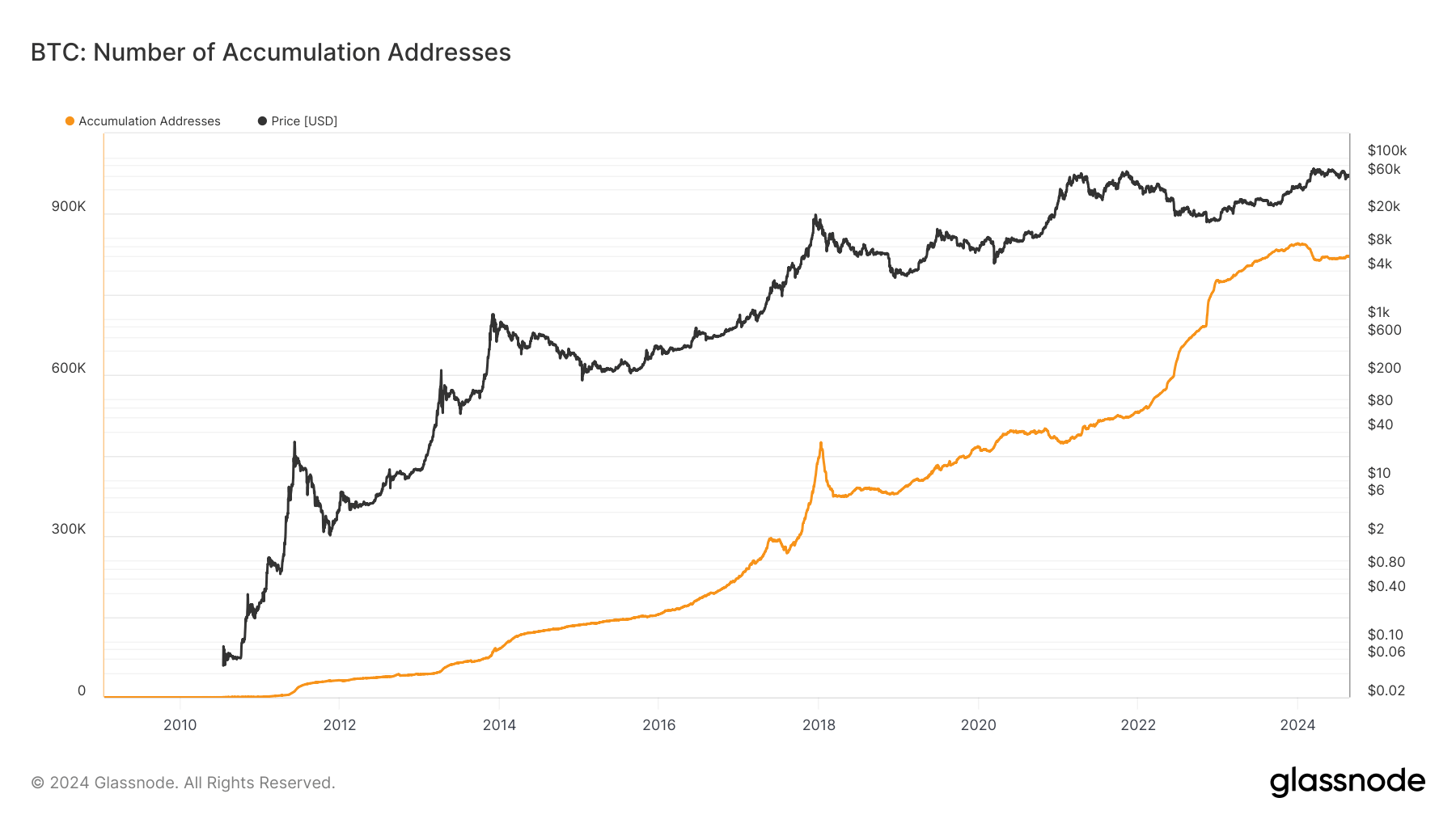Binance CEO clarified that misinformation is being spread about the seizure of crypto funds at Binance related to the Israel-Palestine conflict.
Binance is a top-ranked crypto exchange known for its secure and responsive trading services. Despite various challenges, the exchange has remained profitable since its establishment. Recently, Binance’s leadership shared their long-term plans for the next 50-100 years, emphasizing their commitment to enhancing security and safety for better user experiences, but noted no plans to go public.
In the past 24 hours, several crypto media websites reported that Binance seized all cryptocurrencies linked to Palestinian users.
Binance CEO Richard Teng took to X (formerly Twitter) to clarify that these reports are FUD and that the information circulating is incorrect.
Teng explained that only a limited number of user accounts associated with illicit funds were blocked from transactions. He noted there have been incorrect statements about the situation.
Teng emphasized that, as a global crypto exchange, Binance adheres to internationally accepted anti-money laundering regulations, similar to other financial institutions. He also highlighted their commitment to educating users on safe and secure transactions and expressed a hope for lasting peace in the region.
FUD. Only a limited number of user accounts, linked to illicit funds, were blocked from transacting. There have been some incorrect statements about this.
As a global crypto exchange, we comply with internationally accepted anti-money laundering legislation, just like any other…
In response, many Crypto X users questioned why Binance would follow Israel’s request, citing claims that Israel supports terrorist organizations.
According to Wikipedia, the conflict began with the rise of Zionism in Europe and the arrival of Jewish settlers in Ottoman Palestine in 1882, leading to growing opposition from the local Arab population due to fears of land loss and displacement.
Read also: Vitalik Buterin raises questions over the current token airdrop rules

















 English (US) ·
English (US) ·